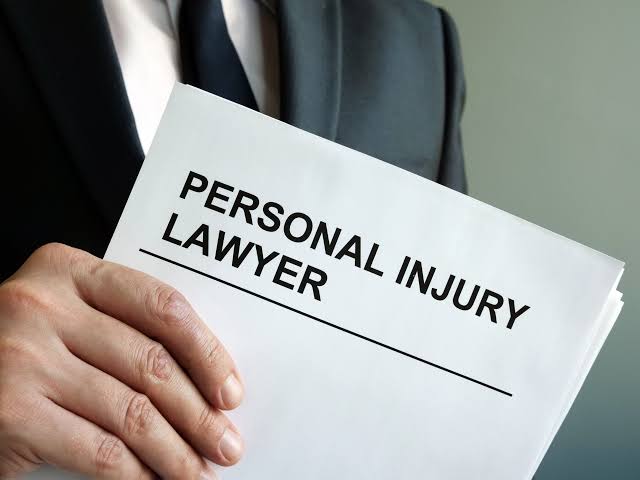Imagine: An otherwise routine day takes an unexpected twist, thrusting you into a whirlwind of chaos. It could be anything–a treacherously slippery supermarket floor, an impatient driver weaving recklessly on the highway, or perhaps a malfunctioning product you purchased in good faith. Each of these ordinary scenarios carries an unanticipated hazard, turning your everyday life upside down. Suddenly, you’re grappling with a flurry of uncertainties.
What’s the next step? Who do you turn to in such testing times? As your income dwindles and medical bills spiral, the quality of your life takes a significant hit. This is where personal injury steps in. In this blog, we will analyze this specific sphere of law and highlight five key aspects you should understand about personal injury cases.
Understanding Personal Injury Law
Navigating the labyrinth of U.S. law, one encounters a vibrant and multifaceted branch–Personal Injury Law, more formally known as Tort Law. Picture it as a guardian angel extending its protective wings over those unjustly injured. Its fundamental mission? To restore equilibrium to the lives disrupted by another’s carelessness or negligence. This arm of law seeks justice by empowering the wounded to pursue the financial redress they justly deserve. It can mend what has been broken and ease what has been suffered.
Liability in Personal Injury
At the core of every personal injury case pulses a crucial element–liability. A rhythm that harmonizes the melody of justice it ensures the party at fault is identified and held accountable. This responsibility is typically shouldered by their insurance company, turning the grinding gears of recompense.
Now, imagine a tune. To strike the right chord in a personal injury case, the plaintiff must orchestrate a symphony composed of four keynotes, a quartet of irrefutable truths that, together, create a compelling crescendo of liability.
• Duty: the plaintiff must demonstrate that the defendant had a duty to behave, or avoid behaving, in a specific way.
• Breach of Duty: it must be shown that the defendant failed in fulfilling their duty.
• Causation: It is vital to underscore the chain of events, to draw a clear line from the defendant’s misstep to the plaintiff’s injury, and to ensure the breach of duty led to the harm.
• Damages: the plaintiff must provide undeniable proof that they suffered tangible losses due to the incident.
Grasping the basics of personal injury law isn’t about wrestling with complicated legal jargon. It’s about the pursuit of justice, about standing up when you’ve been unjustly brought to your knees. And remember, in this labyrinth of law, you’re not alone. With the right help, justice can be more than an abstract concept; it can become a reality.
The Role of a Personal Injury Lawyer
No one expects to get involved in an accident. They are life-altering events that can be painful, cause anxiety, and completely disrupt your normal life routine. Yet, it’s important to be prepared for such unpredictable situations. “One of the most effective ways to ensure you’re protected is by having a personal injury lawyer on your side,” says attorney Michael McCready of McCreadyLaw Injury Attorneys.
Imagine your lawyer as a trusted guide, helping you navigate through the confusing maze of personal injury compensation. This professional advocate can represent you during negotiations with intimidating insurance companies, take care of all the necessary paperwork, and meet all crucial legal deadlines. By doing so, they provide you the breathing room to focus on what truly matters–your healing and recovery.
The Statute of Limitations
The statute of limitations can be likened to a ticking clock for filing your personal injury lawsuit. The length of this period may differ across various jurisdictions, but commonly, it’s a span of two years.
Why is this time frame so critical? Firstly, it preserves the integrity of evidence. Filing your lawsuit within this period ensures the evidence is fresh and witness memories are still vivid. Moreover, it offers a sense of closure for the defendant, guaranteeing that old issues won’t be unearthed indefinitely.
Final Words
As we wrap up our discussion, it’s undeniable how the unexpected nature of life can suddenly thrust you into turmoil of medical bills, lost wages, and a diminished quality of life due to an unforeseen accident. In such a moment, the concept of personal injury compensation becomes a beacon of hope, empowering you to fight for the compensation you rightfully deserve.
We sincerely hope our conversation has shed light on the often confusing world of personal injury law. More importantly, we hope it’s equipped you with the knowledge to navigate such a situation confidently, should you ever find yourself facing it.
Life may be unpredictable, but remember, you don’t have to face it alone.

